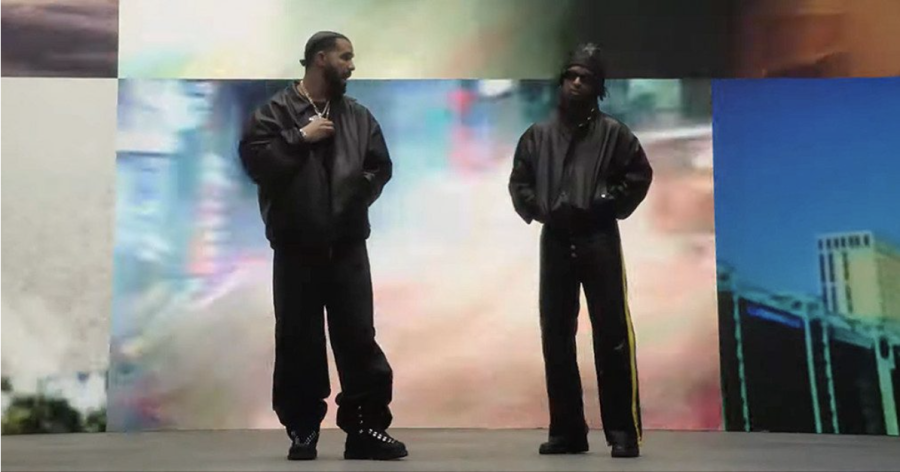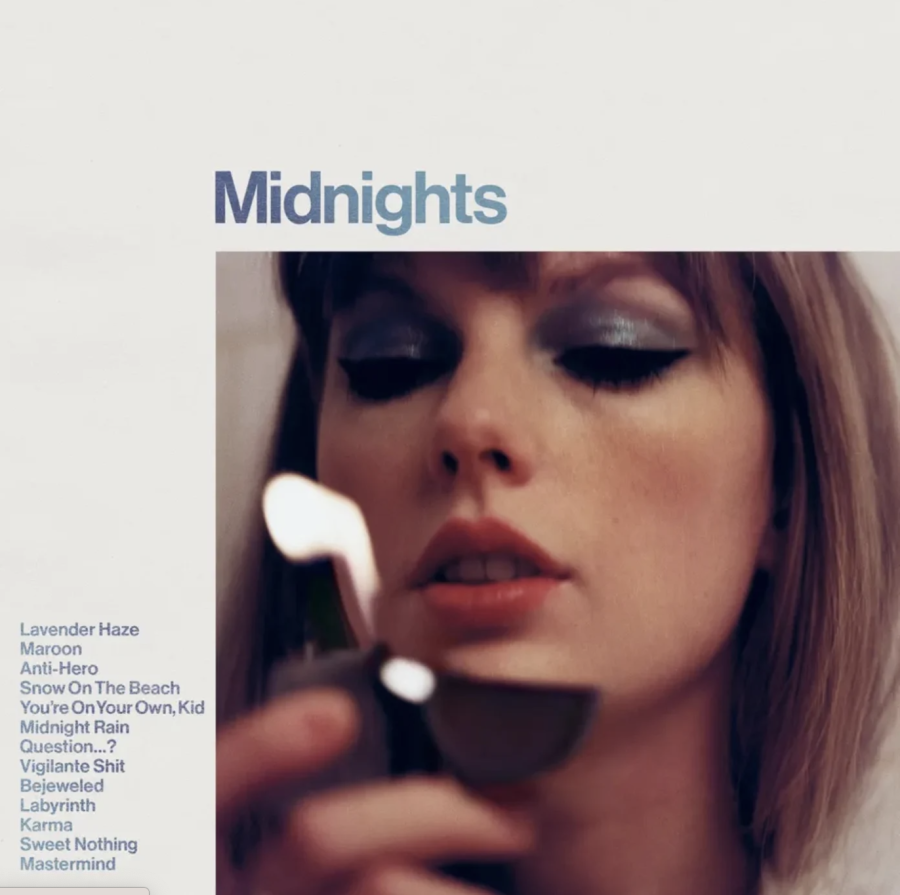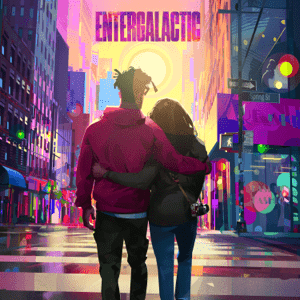The opinions stated in this article do not necessarily reflect the views and beliefs of the Wingspan staff as a whole.
Words: Delanie Tucker
In every county across the globe there are different varieties of books that aren’t allowed in schools, whether it’s for religious reasons or because that specific county just doesn’t think they’re good for kids. If someone in the school district is persistent enough, they can get basically anything banned, even a book that other people read to their kids, like Harry Potter.
According to Javier Espinosa, The Daily Telegraph’s Educational Editor, one of the more common reasons that Harry Potter was banned is because it promotes witchcraft and the use of black-magic. Additionally, a school in England banned the book because the Bible teaches that wizards exist and that they are very powerful and dangerous.The book was banned so students didn’t get confused when the book talked about witches and wizards as good people, and not as evil beings.
Harry Potter is a common book that kids like to read, at any age. Fantasy worlds build up imagination; that’s the whole point. Counties wanting to ban it just because it portrays witches as possibly being good is pointless. Shouldn’t schools be encouraging their students to learn that there is good in everything, and not that they should automatically assume that something is bad? Board members that don’t like specific books don’t have to go as far as banning their teachers from teaching these books in their classrooms; completely banning the novel from schools is blowing it out of proportion.
Before 2010, the first Harry Potter book was actually taught in Howard County Public Schools as part of its curriculum, but was later taken off. Kristin Shipp, an English teacher at Centennial High School who served on the Textbook Committee, said, “[Harry Potter] did not make it to our official list of ‘anchor texts’ that teachers choose from which was implemented and revised a few years ago.”
So, in short, the book is not banned in our schools, but it is no longer taught in our curriculum.
To Kill A Mockingbird is also a very commonly banned book across the country. The novel is about a young girl’s childhood and how she dealt with growing up in a town full of judgment and stereotypes. When her dad, a high-powered lawyer, is assigned a case defending a black man against an accusation of attempting to rape a white woman, controversy in the town stirs up.
Some schools throughout the country ban it only because of the language the author, Harper Lee, uses, which is reasonable, but some schools have different explanations. Other schools that ban decide to do it simply because it makes their students uncomfortable. If a book teaches a good lesson, which To Kill A Mockingbird does, they should keep it in their curriculum, even if some students don’t enjoy reading it.
Another reason the book is commonly banned, according to history.com, is because of the mention of rape. By high school, teenagers should know and be able to talk about mature subjects. If the book is getting banned just because teenagers aren’t mature enough to read it, there might be some other issues that should be addressed before the actual content of the book. In many schools, students read To Kill a Mockingbird in the 9th grade. This means that most of the readers are between the ages of 14 and 15. By the time they reach high school, most 14-year-olds have covered mature subjects throughout middle school, so talking about rape shouldn’t be too big of a jump.
Considering the things students have access to in their schools, the exposure shouldn’t be a big thing. Kids have had full access to novels and articles containing details about rape, some of which even have their main focus on the topic. In middle schools across Howard County, in which students can be as young as 11 years old, they have a variety of books that in any other county would contradict the decision to ban To Kill A Mockingbird. The titles of these books alone would be enough to send some counties into a frenzy, including Voices of Rape, Drugs and Date Rape, and Everything You Need to Know About Date Rape. If these books are allowed in middle schools, To Kill A Mockingbird should be allowed in high schools.
A couple other books that are commonly banned are Anne Frank: Diary of a Young Girl, Uncle Tom’s Cabin, and The Adventures of Huckleberry Finn, most of which are banned due to racial issues. Right along with the others, these books have good messages behind them that high school, or even middle school, students need to read.
In Howard County, these books, apart from Harry Potter, are so largely encouraged to be read that there is a very high chance you’ll have read them for a class by the time you graduate high school.
The banning of these books-and others-should be reconsidered because students can improve greatly in education and maturity after reading them. The students can also pick up a lot of life lessons that they will carry with them for years.
For more breaking news and photos, follow The Wingspan on Instagram and Twitter @CHSWingspan.




